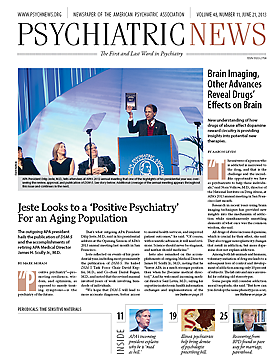On January 8, James Aune, professor and head of the Communication Department at Texas A&M University, jumped to his death off the north-side parking garage. He was warm, bright and creative and admired by students and colleagues. As the McMillan Professor of Analytical Psychology at Texas A&M for 25 years, I knew this individual and campus well.
Tragically, now two families are left without this unique, brilliant, and caring human being: his personal family (his wife, Miriam; sons Nick and Dan; and dog) and the Aggie family (thousands of students, faculty, staff, and a dog). These families are left without his tenderness and ability to teach and reach others.
As a researcher of depression and suicide, I wonder about the meaning of Prof. Aune’s self-destruction. Jumping off a building onto concrete must be a horrible way to die. Even though no suicide note was found, his action speaks louder than words. So what was this scholar of communication communicating?
Having interviewed survivors of suicidal jumps off the Golden Gate Bridge, I know that no one really wants to commit suicide. All of the survivors whom I interviewed wanted a suicide barrier erected on the bridge. None of the survivors went on to commit suicide. Having survived sure death, these 10 survivors have a lot to teach us (see Scott Anderson, “The Urge to End it All,” New York Times Magazine, July 6, 2008). They reported that the ego identity died, thus shedding the suicidal self. That’s why I coined the term egocide.
Albert Camus said, “There is but one truly serious philosophical problem, and that is suicide.” We need more education and therapy to assist those troubled souls, like Prof. Aune, to hold on, get help, and not choose suicide. The issue of melancholy has plagued me during stressful periods, and the subjective became the basis for objective study. The maxim of my research team is “research is me-search.” William James, also a physician, who suffered from suicidal depression and transformed it, has been a major influence in my life.
It is telling that in Prof. Aune’s last blog, he posted one of Rudyard Kipling’s poems about holding on after being lied to and hated. Let’s view what he did as a huge cry for help. A fitting legacy and tribute to this favorite professor would be the prevention of future suicides. In addition to more research, we need to emphasize that the key is in finding the courage to ask for and receive mental health care.
We in academia ought to be doing a better job to reduce the stigma of seeing counselors and psychotherapists when depressed and suicidal. There are ways to assess hopelessness, depression, and suicidal ideation, and many ways to help those who need it.
DAVID H. ROSEN, M.D. Eugene, Ore.
